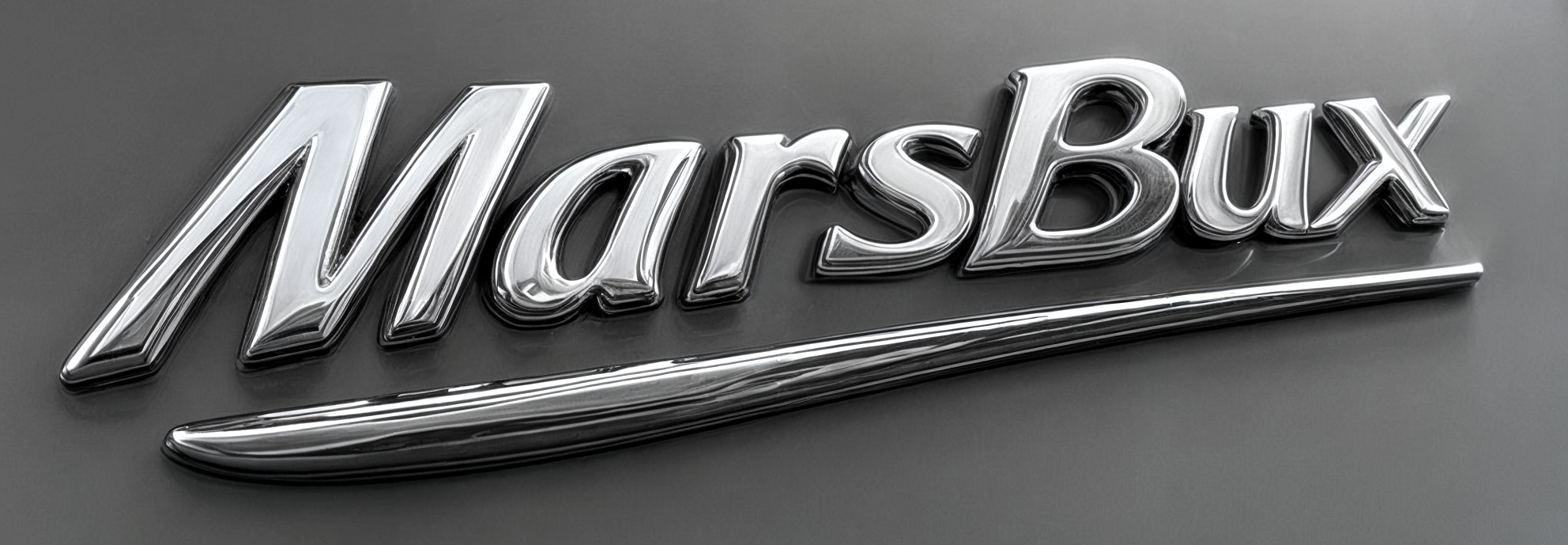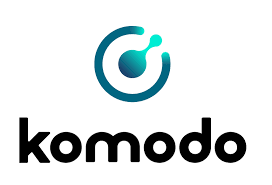“When something is important enough, you do it even if the odds are not in your favor.” - Elon Musk
Purpose and Background
MarsBux Technologies, LLC's primary mission is to develop Project Notai, its advanced expert system. Using the computer languages, Python and Cypher Query Language, Linux, the Neo4j graph database, and other open source software tools, Notai is expected to solve problems previously considered too difficult for traditional methods. Once operational, the first application assigned to Notai would likely be that of software development. This task will allow the system to determine the optimal way to create expert systems across a variety of disciplines. A proof of concept that a program can autonomously write code was documented in the 2015 Amazon Kindle book called, The Omicron Code Engine ― Implemented in Dyalog APL for the Raspberry Pi. When this simple system was presented with a data conversion problem, it sought the optimal solution, then wrote and stored that code. When subsequent requests were made of it, the software would first refer to code that it had previously written. The ideal approach was to first assign it simple problems, and then use those results to solve more complex ones. In this way, short segments of code would be combined to form a solution path for more sophisticated requests. Although it worked well, the Omicron Code Engine had serious limitations. It was written in Dyalog APL, a non-ASCII computer language requiring special keyboard mappings. Dyalog APL is not open source, but was offered free to non-commercial users of the Raspberry Pi computer. File sharing proved difficult and interfacing to the internet was impossible. Essentially, Dyalog APL on the Raspberry Pi operated within its own silo. To be a commercial success, any expert system has to be written in a more appropriate language and implemented on a better computer system. Moreover, a programming expert system should be able to browse the wealth of written code stored online at developer sites like Github, not being dependent solely upon its developer for information. Similarly, other expert systems based on Notai should access information present online to build its expertise. Besides allowing Notai to be an expert programmer, what other kinds of expert systems might it develop? By analyzing musical compositions from online sources, the system should be able to compose music of its own. As expected, it might require some parameters to guide its process. Does the user want something classical or contemporary? After the style of what composer should the music be written? More profitable applications for an expert system, however, might be found in the areas of finance, medicine, science, and technology. In medicine, for example, it should be able to design drugs specific to curing certain diseases, or altering an existing drug's molecular structure to mitigate its undesired side effects. The applications of Notai as an expert system seem limitless.
Risk and Development Cost
MarsBux Technologies, LLC's risk profile appears shallow as compared to larger technology companies, meaning that we can afford to proceed with ideas that others might not attempt. As any corporation grows, a tendency arises for that business to become risk averse. No one wants to expose their firm to a bad investment, idea or strategy, and then bear the responsibility for its financial loss. By contrast, a smaller company might be willing to develop a concept whose rewards could be significant. Should it fail, there are no shareholders demanding someone's head. It's entirely conceivable that if a large business were to consider a major risk, it might first spin off a division as a separate legal entity, or acquire another company for that purpose. Generally, however, publicly held corporations merely shun risk above a given threshold. Surprisingly, the development of Notai did not require significant capital investment. Initially, one server loaded with open source software, a high-speed internet connection, some office space and a laptop or two were adequate for the startup. Web servers and additional storage are available online at low or no monthly cost. A free peer-to-peer file system, like IPFS, might be an ideal option for storing large volumes of files securely. Its performance has been shown to be superior to the World Wide Web. It is impervious to DDoS attacks, is securely based on the blockchain protocol, and could be viewed by multiple computers as a BitTorrent swarm. Version and source code management can be controlled using Git, allowing multiple developers or servers to work on the same files simultaneously. Considerable time and effort are an investment when perfecting the software for the expert system. This was the business path that Sergey Brin and Larry Page chose when developing the Google search engine. In the book, The Google Story, David A. Vise narrates how angel investor Andy Bechtolsheim was impressed with Brin and Page's passion, moxie, and dedication to creating a truly superior search engine, rather than focusing on advertising and high end equipment. The two Google guys were certain that their outstanding innovation would speak for itself―which it did spectacularly.
Notai Capabilities
Operationally, the software in Project Notai must be able to: ► Write and test scripts in Python3 or other computer languages ► Implement a database in the graph database, Neo4j ► Be able to query or store data to that database using Cypher ► Scrape source code and data from the Internet ► Organize and optimize information using JSON ► Implement problem-solving algorithms and machine learning ► Save and access secure and distributed files using IPFS ► Interface meaningfully with the user or another server








